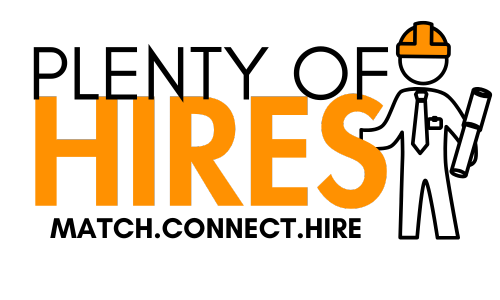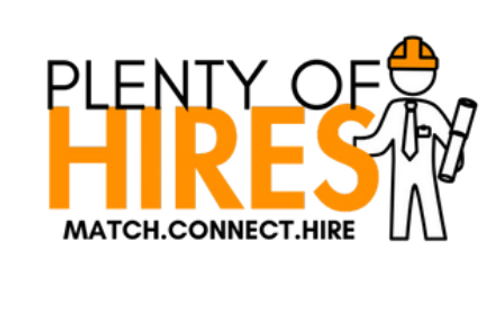What’s Important (and Not Important) to Share as a Job Seeker
- Plenty of Hires

- Aug 14, 2025
- 2 min read
Updated: Oct 28, 2025

When you get a call from an employer or step into an interview, the clock starts ticking. What you say in those first few minutes can set the tone for the entire conversation. Some details help the employer see your potential. Others? They can accidentally make you seem like a risky hire. Here’s your quick guide to knowing what’s worth sharing — and what’s better left out.
✅ What Employers Actually Need to Know
Your Relevant Work Experience:
Share the industries, roles, and key tasks you’ve done that relate to the job.
Your Pay Expectations:
Be clear and realistic about what you need to earn. A range is fine if you’re flexible.
Why You Left Previous Positions:
Keep it short and neutral. If it was due to a problem, take accountability and focus on what you learned.
Your Work Preferences & Availability:
Include the shifts, schedule, and type of environment you work best in.
Your Skills & Strengths:
Both hard skills (certifications, tools, equipment, etc.) and soft skills (reliability, leadership, communication, etc.).
🚫 What’s Better Left Out
Personal drama or family situations
Negative rants about former employers or co-workers
Detailed explanations for every single job change
Political, religious, or unrelated personal opinions
Excuses instead of solutions
Handling the “Tough” Questions
If you’ve been terminated, had a conflict, or left a job under less-than-ideal circumstances:
Keep it short (1–2 sentences)
Own your role in the situation
End on how you’ve improved or what you’ve learned
Example:
“I didn’t communicate as well as I should have on a project. Since then, I’ve made clear communication a top priority on every job.”
Any time you have with an employer — whether it’s a quick phone call or a full interview — is your chance to show them why you’re the right fit. Keep the focus on what matters, stay professional, and be honest. That’s how you turn a short conversation into a real opportunity.
👉 Take the candidate assessment now at app.plentyofhires.com




Comments